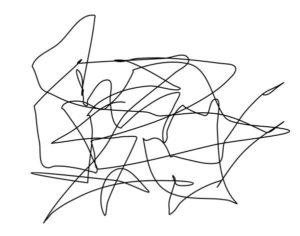What you need to know is every item whispers a story. That dusty college t-shirt? A triumphant victory. Grandma’s chipped teacup? Warm memories. But these cherished keepsakes become decision fatigue triggers. “Keep or toss?” spirals begin, draining your mental energy.
How do you navigate this emotional minefield? Here are a 4 tips to keep you moving forward:
- Set Ground Rules: Before diving in, establish clear criteria. Have I used it in the past year? Would I buy it again? Would I miss it if it were gone? Focus on functionality, that is, do I still use it? I use my bleach even if it doesn’t spark joy. Knowing a few questions to ask yourself helps prevent decision paralysis.
- Embrace the “Maybe” Pile: Don’t force immediate choices. Create a “maybe” pile for items that tug at your heartstrings. Revisit it later with a clearer head or seek the help of a professional organizer.
- Take Photos: Can’t bear to part with a sentimental object? Snap a picture! It preserves the memory while freeing up physical space. Ask yourself, “Does this truly represent the person I love?”
- Focus on the Future: Imagine your new, streamlined life. Less stress. Able to focus on what’s really important to you. Picture yourself in a situation that reminds you why you did this in the first place. Downsizing allows you to curate your belongings, keeping only what truly enhances your day-to-day life.
Remember, decluttering isn’t just about discarding things; it’s about making room for what matters most. So, take a deep breath, make those tough calls (it’s easier than you think) and embrace the fresh start that awaits!
Still feel overwhelmed? Schedule a free, no obligation 30 minute phone chat.









